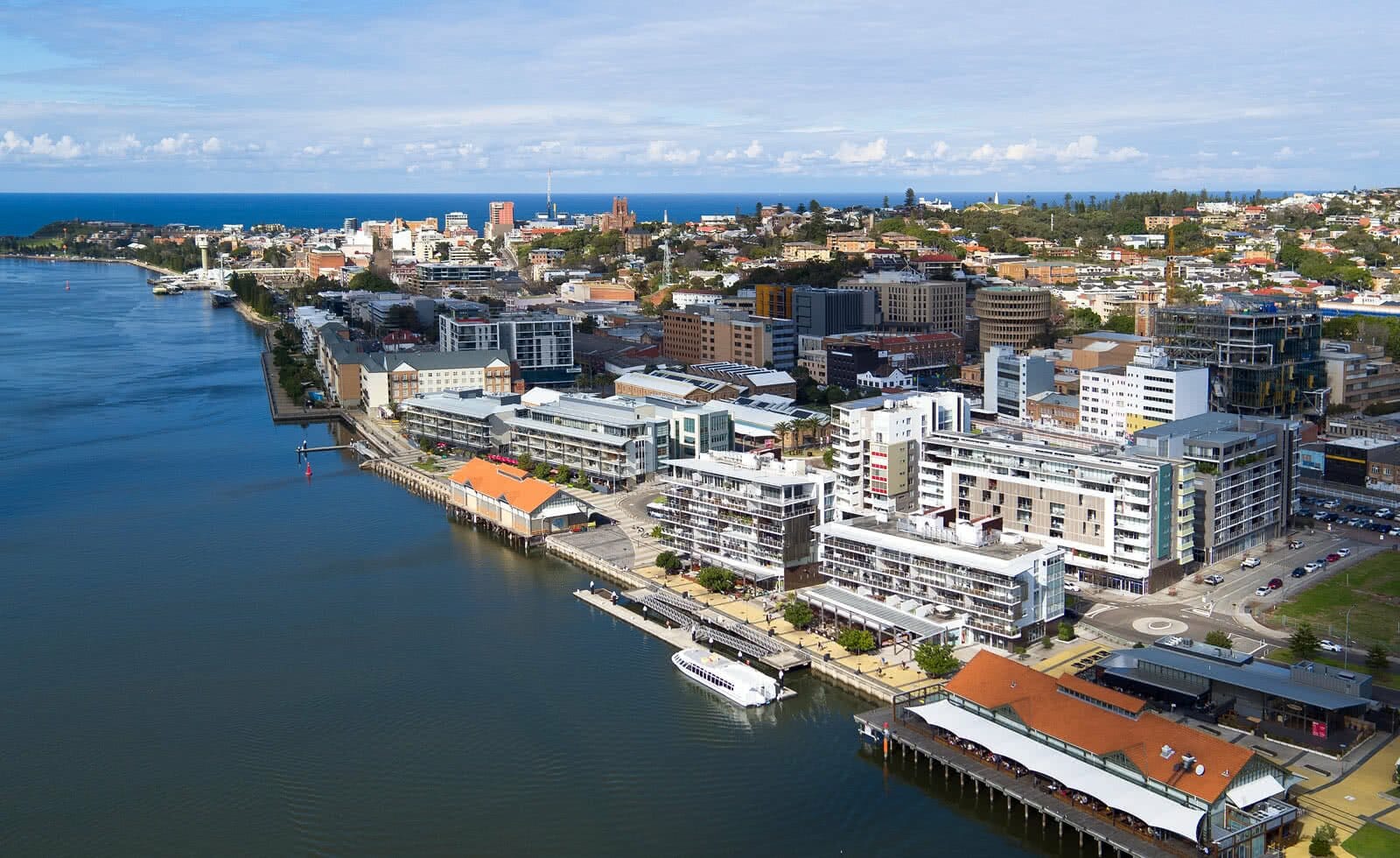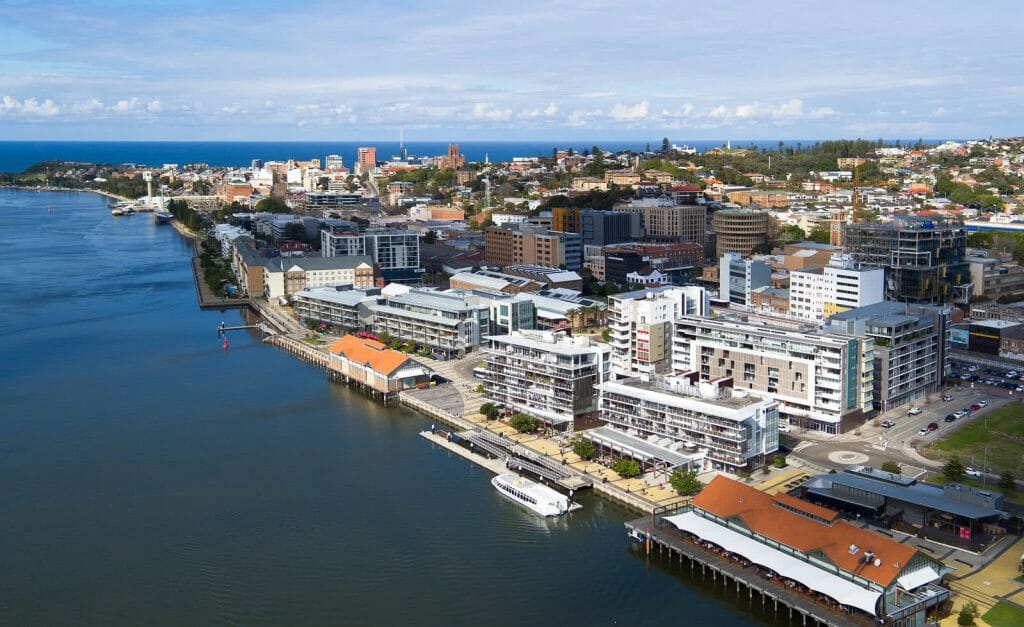Steeply rising property prices & difficult economic conditions have would-be buyers looking at alternative options like "rentvesting" for entering the Australian property market.
What is “rentvesting”? The term might sound confusing, even counterintuitive at first, but there’s a reason many Australians (young people especially) are choosing this method of property ownership.
Leah Jay’s Investment Services Manager, Pippa Rowntree explains, “The number of first-time buyers taking out investment loans has increased by 45% over a 6-month period as reported by CoreLogic. This shows that more Australians are deciding to rentvest, using this as a way to get into the highly competitive market we have currently.”
Pippa is an experienced and friendly Investment Services expert who can explain the pros and cons of rentvesting as a property investment strategy. But for now, find out exactly how rentvesting works and why it might be suited to your financial situation.
Contents
What is rentvesting? And How Does It Work?
Rentvesting involves renting a place to live, whilst simultaneously owning an investment property.
This strategy for property investing disrupts the traditional order of property ownership: renting, then purchasing your own home, and then (after some time) considering the possibility of an investment property.
Instead, rentvestors opt to skip the homeowner step, purchasing their first property as an investment rather than an owner-occupier dwelling.

What are the benefits of rentvesting?
In many ways, rentvestors enjoy the best of both worlds. Some of the most prominent benefits include:
1. Maintain Desired Lifestyle and Location
Due to housing affordability issues, those who choose to purchase their own home first are rarely afforded the luxury of choice. Most compromise with a less-than-ideal location or property type, to make stepping onto the property ladder more affordable and to hopefully get better long-term returns.
However, when the first property purchase is an investment, the property investors are free to continue living a lifestyle more suited to their preferences by renting. Rentvestors can live in their desired location where prices might be too high for homeownership.
With the investment property’s mortgage all but taken care of by the rent from tenants, the rentvestor can generally maintain their lifestyle in a preferred area. However, you will still need to consider preparing for certain expenses, such as property management and maintenance costs.
2. Location Flexibility
Homeowners trying to pay off a loan might find themselves feeling stuck in their location or property due to being tied down to a mortgage.
Rentvestors have more flexibility to move around as it suits them, as the only mortgage you’re paying off is the one on your investment property and that is being partially paid by tenants. Plus, the costs, efforts, and time involved in moving between rentals are often significantly less than the selling and repurchasing process.
3. Entry Into The Property Market
Rentvesting allows you to gain a foot in the door of the property market without the burden of a crippling mortgage. By purchasing a property better suited to your budget, you’re more easily able to overcome the financial worries faced by most first home buyers.
Rentvestors also gain an advantage by owning value-growing assets, which can later be sold for capital gain.
4. Tax Benefits, Equity, and Wealth
There are numerous tax benefits involved in being a property investor. Many of the costs involved with owning a rental property are tax deductible. Learn more about tax deductions as a property investor here.
Investors are also able to make the most of negative gearing. Wondering what is negative gearing on a property? Pippa explains, “In a situation in which the costs of owning your investment property exceed its rental income, the difference can be claimed as a loss against your income at tax time. I highly recommend discussing this with your accountant when preparing for EOFY.”
Owning an investment property also allows you to build up equity and wealth, which can be put towards the purchase of future properties – whether these be additional investments or a home of your own.
What other considerations should I be aware of?
Before you jump straight into searching for investment properties, there are other aspects of rentvesting you should be aware of. Be sure to keep the following in mind when considering this approach:
1. Importance of Purchasing An Effective Investment Property
When choosing an investment property, you need to be selective – it’s not as simple as purchasing any affordable property as an investment. Thorough research must be undertaken to ensure your investment property has capital growth potential and will provide a substantial return on your investment over time to meet your financial needs and goals.
2. Being a Landlord
Don’t forget that being the owner of a property investment also means being a landlord. You are responsible for everything this entails, including maintenance and repairs on the property.
However, if you would prefer not to self-manage, you can engage a property manager who will take the hassle out of looking after your property. If you would like Leah Jay to find you the right tenant for your property, you can learn about our complete management approach here.
3. Security of Tenancy
Owning and living in your own home is usually a more secure living situation than renting. It’s important to remember that unless you are on a fixed-term lease, you are not necessarily guaranteed continued tenancy in a rental property.
4. Security of Rental Income
Keep in mind that you’ll be responsible for covering costs should your rental property ever be vacant. If you have trouble finding tenants, it can create a sense of instability in your rental income, which may impact your ability to stay on top of your mortgage repayments.
5. You Will Need to Pay Capital Gains Tax
Should you choose to sell your investment property in the future, be aware that any profit from the sale will be subject to capital gains tax. An owner-occupied home is exempt from this tax.
Key Takeaways
- Rentvesting allows living in a rented property while owning an investment property elsewhere.
- It offers lifestyle maintenance, location flexibility, and a foot in the property market without a large mortgage.
- Tax benefits and building equity are key advantages.
- Challenges include selecting a profitable investment property, landlord responsibilities, and potential rental income insecurity.
- Capital gains tax applies when selling the investment property.
Interested in the Possibilities of Rentvesting?
If you’re interested in taking the rentvesting approach, it’s important to seek professional advice first – here are some things to consider before buying your first investment property.
If you are looking for general advice to start your property investment journey, get in touch with Pippa and the Investment Services team today.




